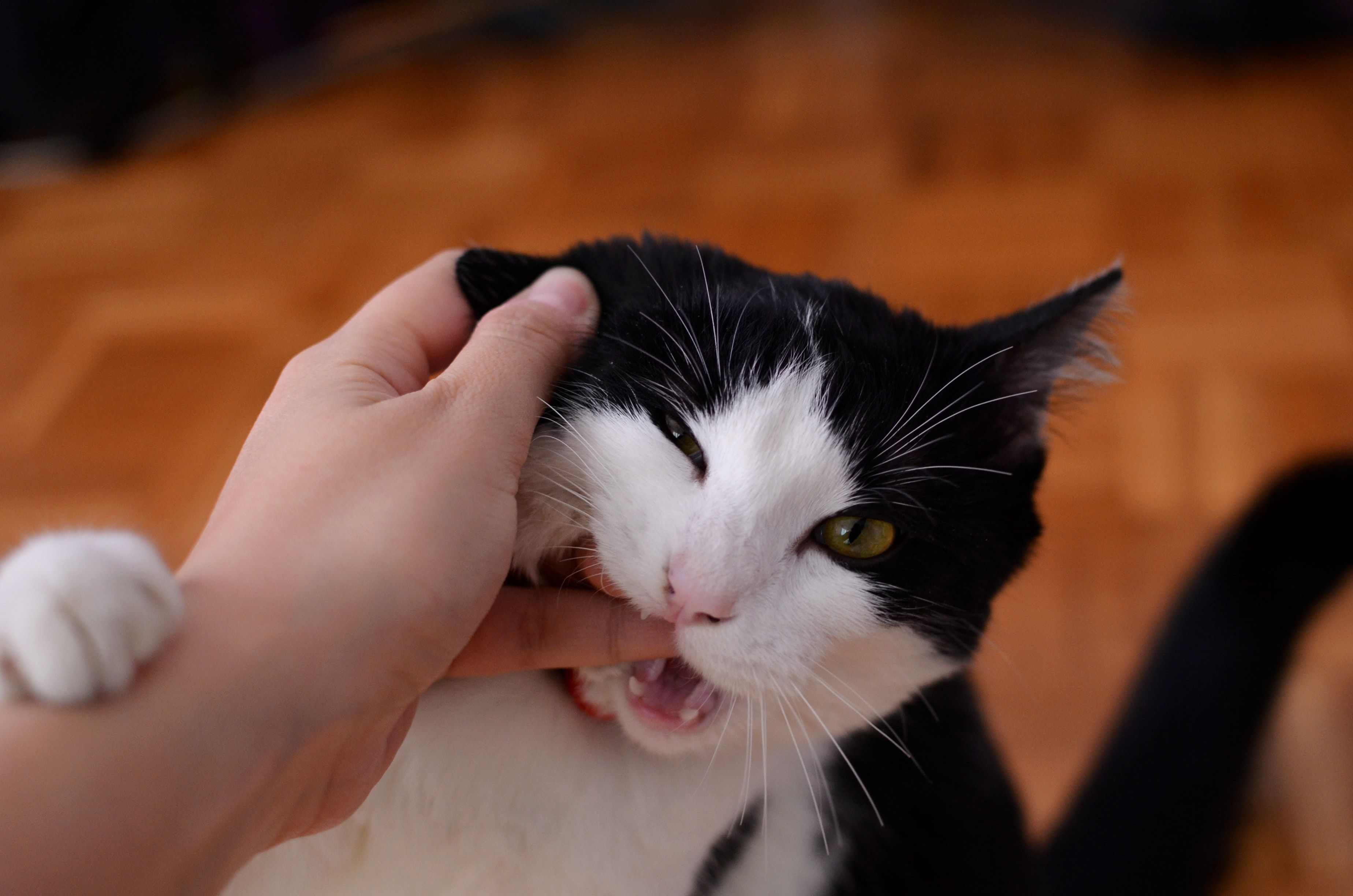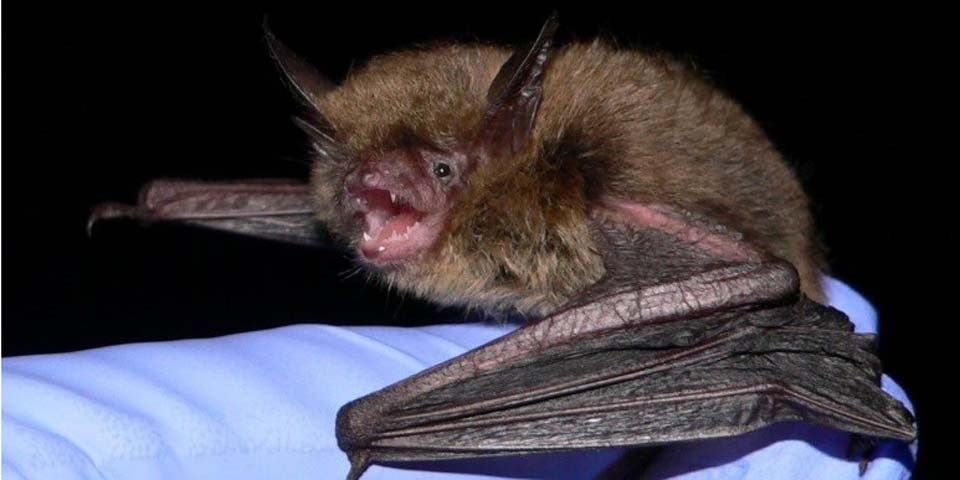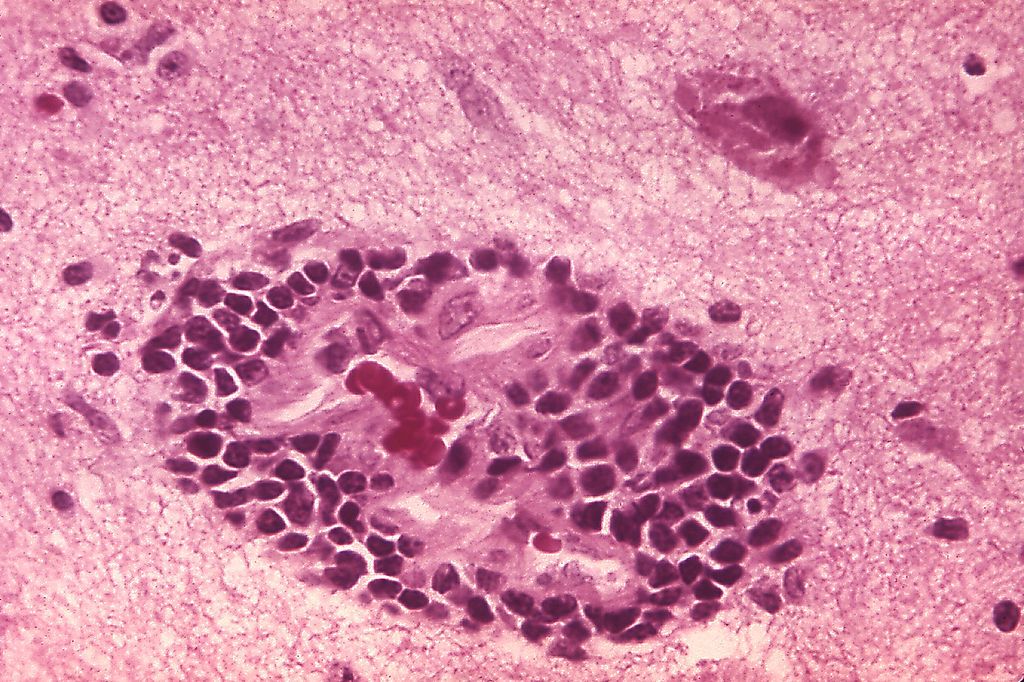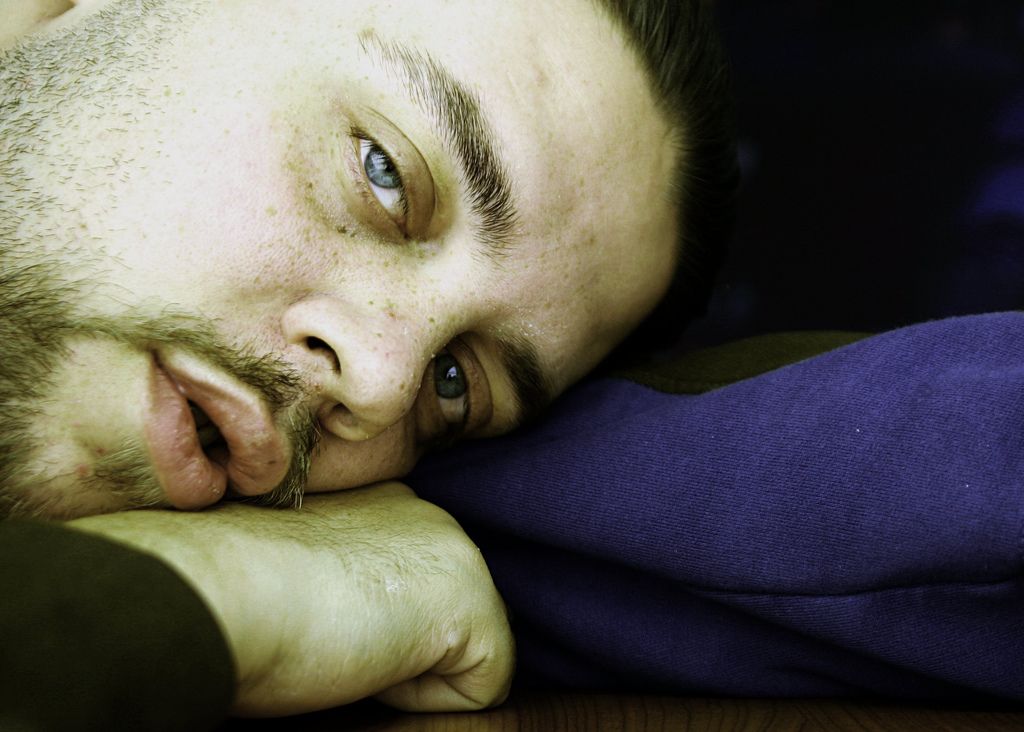Rabies in humans is a rare occurrence in our part of the world, with only one to three cases reported in the United States every year, according to the Centers for Disease Control and Prevention (CDC).
This is why so many people were shocked to hear about the two cases of the deadly disease that have recently made the news.
Earlier this month, a British man contracted the deadly virus from a cat bite while on vacation.

U.K. health officials believe that Omar Zouhri, 58, was bitten by a rabid cat a few weeks ago in Morocco, and even though he sought medical help in both the North African nation and the U.K, he didn't receive the life-saving vaccine until it was too late.
Zouhri's nephew Nabil Jellal said that his uncle tried to fight as hard as he could, but his condition only got worse. The family was then told he only had two days to a week left to live, which left them "devastated."
"He was sedated but he was still fighting. He was trying to fight it and not let it beat him," Jellal told The Mirror.
Dr. Tina Kenny, medical director of Buckinghamshire Healthcare NHS Trust, confirmed that he passed away at the John Radcliffe Hospital in Oxford, and they are now carrying out an internal review "given that deaths from rabies are so rare in this country".
Zouhri's death comes just a few days after another man succumbed to the highly contagious rabies virus, this time in the U.S.
55-year-old Garry Giles from Utah passed away on Remembrance Day after struggling to stay alive for weeks, making it the first death of its kind in the state since the 1940s.
In his case, the bats that frequented the home he shared with his wife Juanita were the carriers of the virus that infected him.

"The bats never hurt us, and we were always catching them in our hands and releasing them outside because you hear all the time about how bats are good for the insect population, and you don't want to hurt them," Juanita told Desert News. "The bats would lick our fingers, almost like they could taste the saltiness of our fingers, but they never bit us."
Giles started to show mild symptoms in October, but when he visited the emergency room, he was sent home with only painkillers and steroids. He was initially misdiagnosed with a pulled muscle, and it wasn't until he started experiencing tingling, numbness, and difficulty breathing that his condition was taken more seriously.
He was eventually hospitalized at Intermountain Medical Center, but efforts to treat his condition were futile.
"It's very scary and it is creating a bit of a panic," Juanita admitted before adding that she and other members of their family are getting vaccinated to protect themselves.
She is now sharing her late husband's story to warn others about the often forgotten disease.
"I've always thought bats were kind of cute, but I had no idea the kind of risk we were at," she added.
The family has set up a GoFundMe page to cover Giles' medical bills and funeral expenses.
What is rabies?
Most rabies cases are caused by a bite or scratch from a rabid animal. Although rare, transmission could occur if the carrier's saliva gets directly into the mouth, nose, eyes, or a wound.
The virus is usually found in bats, raccoons, skunks, foxes, coyotes, as well as unvaccinated dogs and cats. In the U.S., between 60 to 70 dogs and more than 250 cats are reported rabid every year.
Rabies virus usually enters the human body through an opening in the skin, and eventually infects the central nervous system, causing inflammation in the brain.
Symptoms of the disease
The early symptoms are often mild and mimic other diseases such as the flu. In the initial stages of a rabies infection, a person may experience fever, headache, and weakness.
According to the CDC, as the infection worsens, more specific symptoms appear and may include insomnia, anxiety, confusion, slight or partial paralysis, excitation, hallucinations, agitation, increase in saliva, difficulty swallowing, and hydrophobia (fear of water).
The disease is almost always fatal, but if the fast-acting shot is administered immediately after a bite, the virus may be stopped from spreading.






